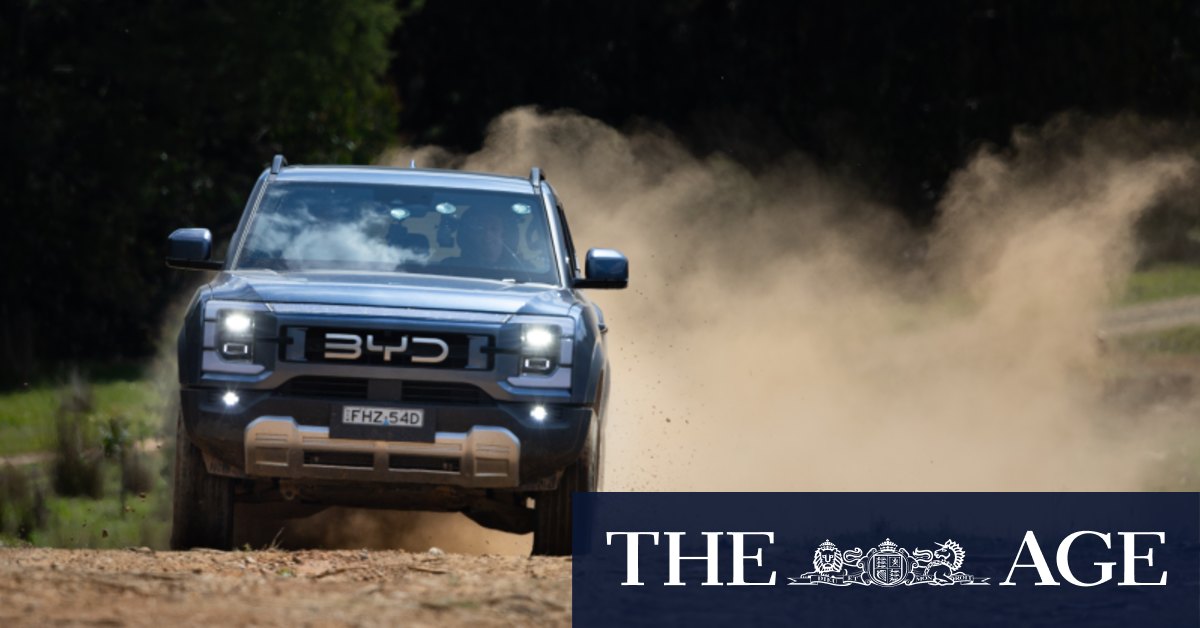End of tax breaks for hybrid vehicles drives row over future of EVs

“We need to take a step back and ask what are the policy settings that are really driving immediate and longer-term consumer behavioral change?” she said.
Loading
Last year Australians bought 172,696 traditional hybrids – up 76 per cent on 2023. Their popularity continued to grow with more than 46,000 traditional hybrids sold in the first three months of this year, up more than 8 per cent compared to the last three months of 2024.
“Finance is critical to turning good intentions into real outcomes. It removes upfront cost barriers and gives more Australians access to [cleaner] vehicles,” Tate said.
Energy Minister Chris Bowen said the government’s fuel efficiency standards would force companies to bring in more cleaner cars, including hybrids, but insisted he would not renege on his deal with the Greens to end tax breaks for the vehicles.
“The amendment to sunset the FBT exemption for plug-in hybrid vehicles was a Greens political party request as part of the negotiations to pass the Electric Car Discount bill. And when the government makes a commitment in Senate negotiations, we keep to our word,” he said.
National Automotive Leasing and Salary Packaging Association chief executive Rohan Martin said continued tax breaks for plug-in hybrids would enable tradies and drivers who rely on larger cars to switch to cleaner alternatives.
“Bringing back the FBT exemption for plug-in hybrids would enable more everyday working Australians, particularly those who require larger SUVs and utes, to afford more efficient, fit-for-purpose cars that reduce both the cost of living and emissions,” Martin said.
Coalition transport spokesperson Bridget McKenzie wants the government to impose a road user charge, arguing tax breaks for electric cars are being subsidised by fuel excise paid by motorists with petrol-fuelled cars.
“The Albanese government needs to address the growing inequity in taxes on the majority of Australian motorists,” she said.

